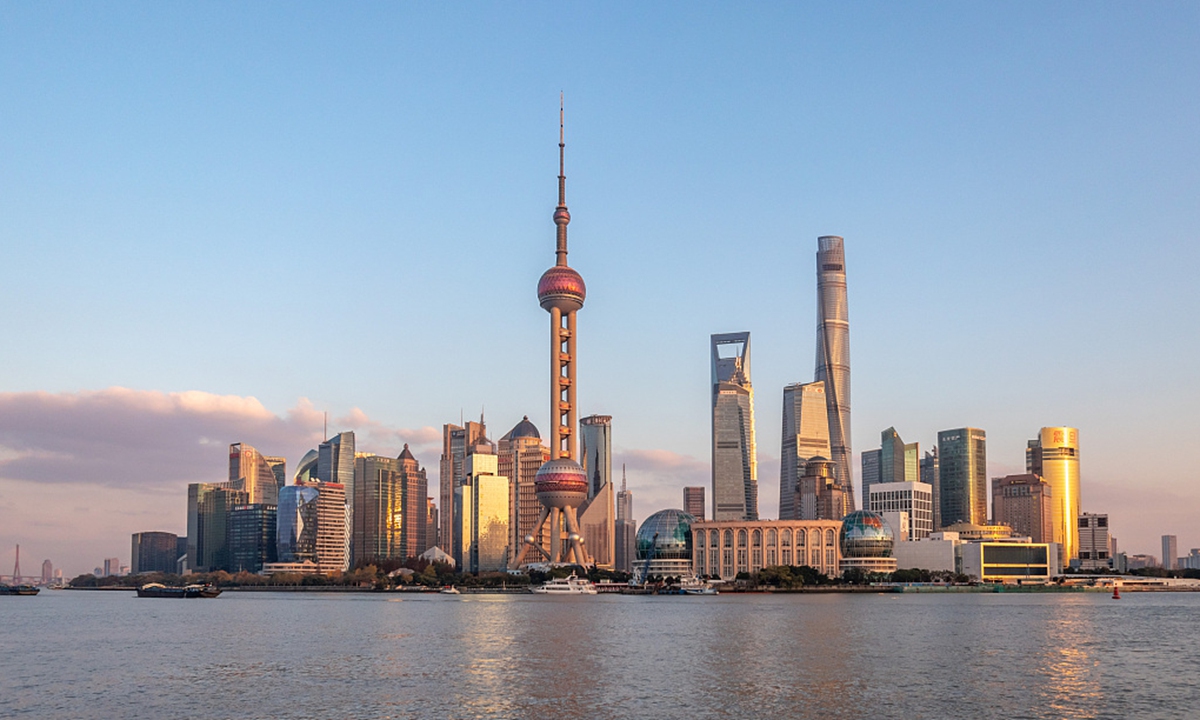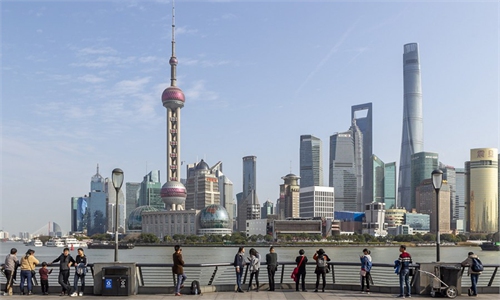COMMENTS / EXPERT ASSESSMENT
Why China can attract more FDI

Photo: VCG
The lowest corporate tax rate in the world will not significantly impact China, where the corporate profit tax rate is 25 percent. High-tech companies in China enjoy a preferential corporate income tax rate of 15 percent, unaffected by the agreement. The current US corporate tax rate is 21 percent, which could be raised to 25 percent in the future.After intense negotiations at OECD headquarters in Paris, the world's leading economies have signed a plan to force multinational companies to pay at least 15 percent as a minimum corporate tax.
A minimum tax rate reflects the trend of anti-globalization trajectory of Western countries. In recent years, the profits of giant companies such as Microsoft, Google, and Amazon have skyrocketed. In contrast, these companies do not contribute much to their home countries, and they either relocate to low-tax territories to register or distribute their profits abroad with little return to their home countries. This has become the main reason for the growing gap between the rich and the poor in developed countries like the US. Developed countries hope to use this agreement to induce more multinational corporations to transfer money back to increase state revenues and subsidize their debt-ridden welfare systems.
Capital, by its nature, is profit-seeking; it will not spare a penny to maximum profits. Whether outsourcing, relocating domiciles, or moving factories, the aim is to maximize the profits in its pocket. This agreement is an attempt by Western governments to regulate the power of capital. But its ability to meet their demands depends on their reform of the tax and social welfare system.
On the other hand, emerging economies still need foreign investment to fuel their development to enter or retain the middle and lower end of the global production chain. Usually, low taxes or tax exemptions are standard practices to attract foreign investment. It is still difficult to determine what negative impact the implementation of this agreement will have on low-income, poor countries. Once companies in developed countries stop investing in or reduce their investment in these countries, then there is a risk of creating greater injustice at the global level.
If the agreement had been signed twenty years ago, the impact on China would undoubtedly have been significant. The situation is different now. The wave of competition to create tax-reduced economic zones across China to attract foreign investment has passed. Manufacturing dominance has been established across many areas of China, and more companies producing ancillary products are becoming essential suppliers in the global chain. Because China has good logistics and labor levels, it is still very attractive to foreign investors, even with higher taxes.
Kids2, an Atlanta-based manufacturer of toys and baby products, has invested $20 million in China, recently opening a first phase of a factory along the Yangtze River in central China. The US company is focused on China's flexible and comprehensive supply chain, labor levels, and market size.
China must consolidate its manufacturing advantage in the future, which includes supporting more micro, small and medium-sized enterprises to gain a foothold in the manufacturing chain, being flexible and innovative, and highly connected to the market.
The latest plan is to develop 10,000 "tiny giant enterprises", 1,000 individual champions, and a large number of leading companies by 2025. To the extent that we can consolidate this advantage, we can attract more foreign investment.
The author is a senior editor with People's Daily, and currently a senior fellow with the Chongyang Institute for Financial Studies at Renmin University of China. dinggang@globaltimes.com.cn. Follow him on Twitter @dinggangchina




